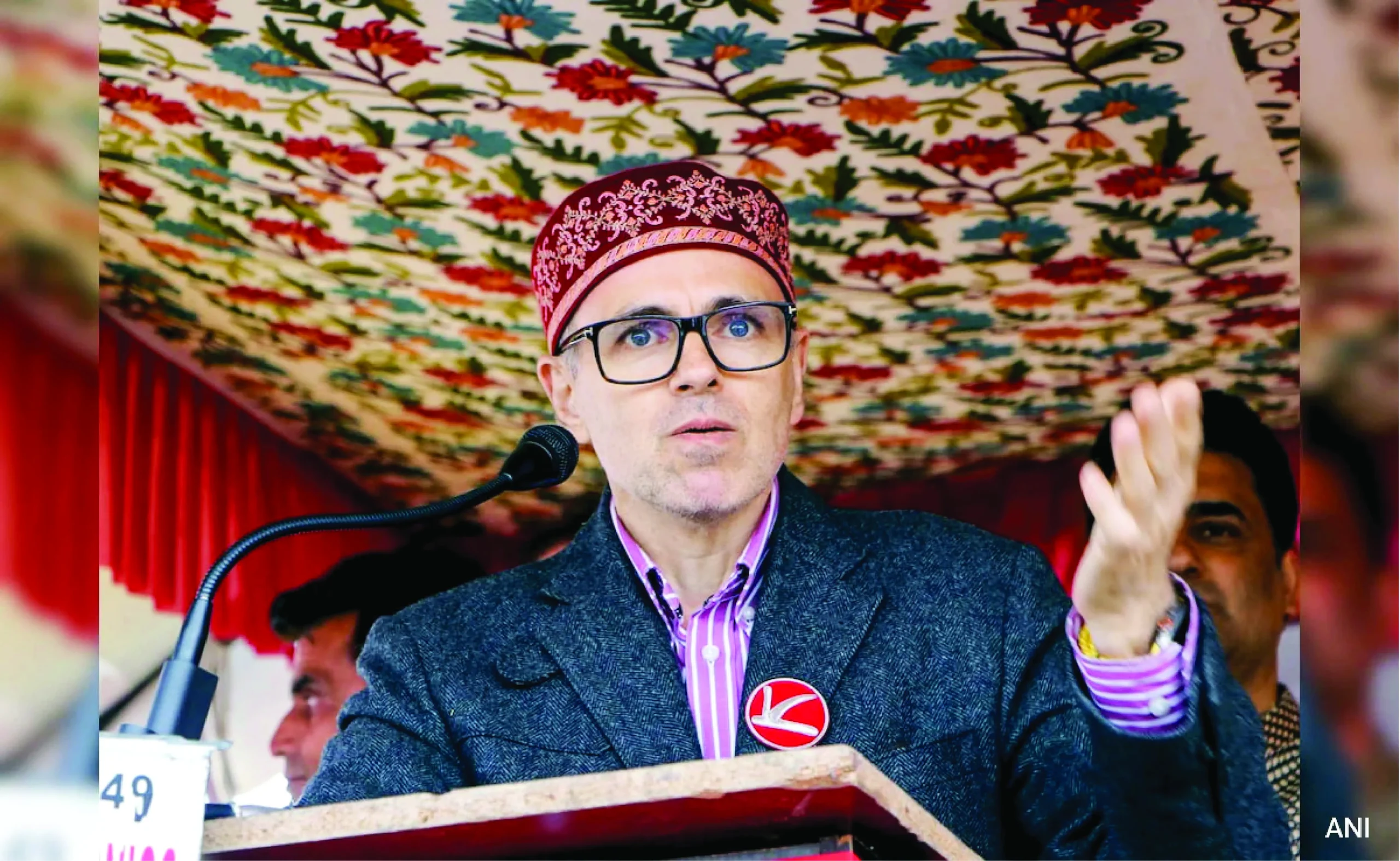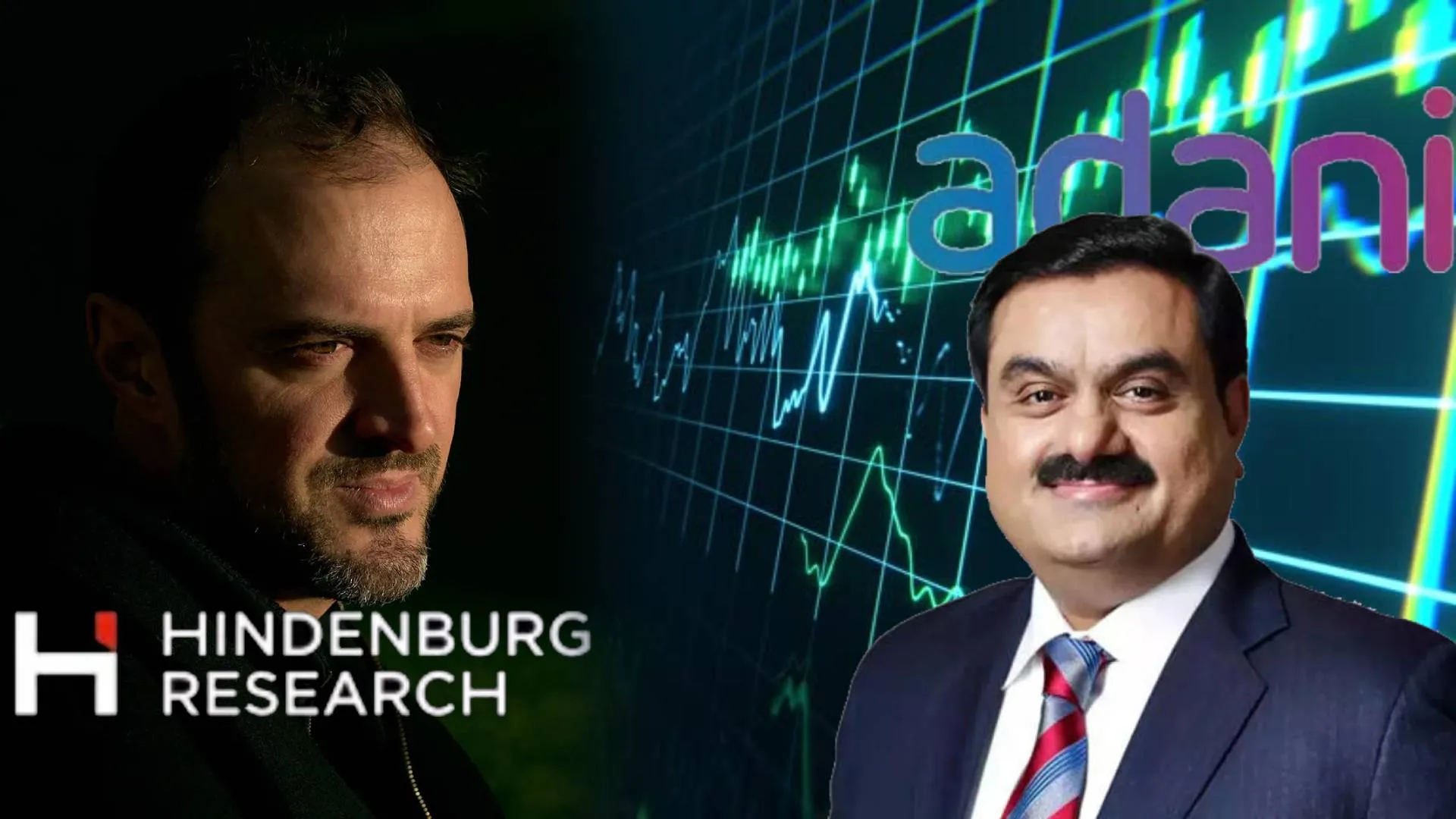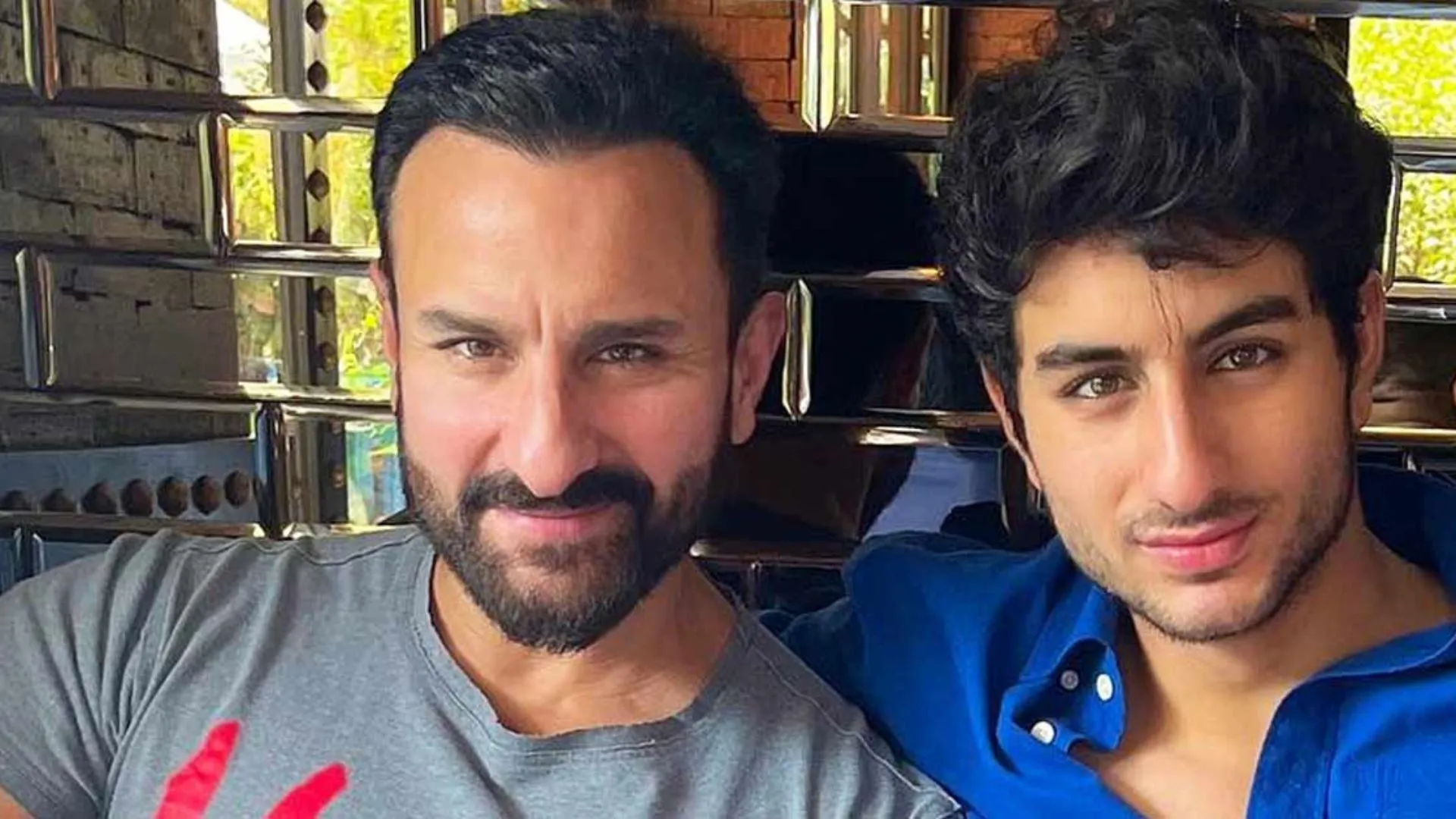Will there be a global war? The UN Secretary General had said recently that there is more chance of a nuclear confrontation than at any time since the Cold War? Such a greater risk relates to the hostile atmosphere, especially between China and Russia, on one hand, versus US and its allies? What might history teach us along with current trends about whether millions (more) are going to be slaughtered from battle, hunger, destitution, to even radiation? And what might all of this portend for the South, including India. Can the South really do anything to stop such worldwide devastation?
Modern history tells us that overall, the most brutal slaughters as far as war (and even genocide) happened mostly in the North, especially in Europe—though wars in Vietnam, Iraq, Afghanistan to Libya and beyond headed by US and/or NATO have been devastating, too. George Friedman, a well-known geopolitical analyst, seems to explain why in part. In a presentation in Budapest in 2017, he stated, “Europe created mankind with blood on their hand…” The late Samuel Huntington and top US presidential advisor stated, “The West won the world not by the superiority of its ideas or values or religion, but rather by its superiority in applying organized violence.”
Friedman further explains in his book, Flashpoints: The emerging crisis in Europe, the explosive potential of nationalism on that continent, including historically. The recent legislative successes of populist nationalists in France and growing extremism, separatism and Brexit type forces make Europe a troubled land. Ukraine and Russia now, very much add to the overall continental powder keg.
While jealousy and suspicion between France and Germany, along with rising nationalism, spurred two devastating world wars where tens of millions of innocents were liquidated, history repeats itself. But these days it happens with a different rhyme. The greater worry now is between nationalistic Ukraine and growing Russian assertiveness to defend all things ethnic Russian or Russian speaking just outside its borders. And a Moscow more determined to prevent a new NATO creep pushed by members like Germany, and the US especially.
For Russia, its history of losing millions to the war with Germany in WW II is still very much kept alive, not only in the minds of the older generation, but even among the younger. Any form of Nazism or neo-Nazism as even a minor part of the Ukraine government, therefore, give Russians worry. And they provide incentive to support the war in Ukraine. The heavy proxy use of Kiev against Moscow by the US-led NATO is also making Russians feel that the West has just about declared war on it. Even President Putin is alluding to using nuclear bombs if he feels it necessary. Meanwhile, win or lose, the US and allies’ weapons industries have cashed in making huge profits from the war and continuing it. And they get loyalty from the US Congress with their huge lobby efforts.
The South looks at all this in horror. Wheat and other essentials for food are becoming scarcer and much more expensive as this war drags on. It is adding considerably to overall inflation and widening poverty. Energy costs in the South, not just Europe, have become catastrophic. In 2021, oil per barrel was around 55 dollars. Because of the war, the price has jumped to over 100 dollars. Gas prices, be it fuel for homes or vehicles, have also jumped. If Europe goes all out war with Russia, these horrible cost rises, especially for the needy South, could be much worse. Events in Sri Lanka may be a harbinger of worse fallout to come, especially if NATO and Russia more directly slug it out.
The added question is what happens if war with the US and its allies hit the Chinese waters over territorial issues, including Taiwan? China, after all, is an economic engine for the world. If its waters are shut down due to war, expect more supply disruptions that would make the already very negative impact from Covid look small. Expect important investments by the Chinese Belt and Road Initiative to slow down considerably, negatively affecting many poorer countries.
Some believe the world is destined for war as America is highly resistant to allow a competing “empire” like China to rise. This is put in even into ancient historical context in Graham Allison’s, Destined for War: Can America and China Escape Thucydides’s Trap? Russia, though, is likely more seen by Washington as a gross troublemaker to US interests; a country that would best be worn down by war with Ukraine and then finally defeated by an internal “orange” revolution. However, should America not worry more about global survival instead of hubris about power-sharing with China and others, including with new emerging powerhouses like India?
Just as Europe “sleep” walked into WW I or was too complacent about Germany before WW II hell broke out, strong leadership within NATO, Russia or even China to better move to stopping a world war seems also non-existent. Given the potentially terrible impact of a war in the North in terms of economic costs on the South, might countries’ leaders from places like Brazil to India to Indonesia and Turkey step up. And tell the North as well as Beijing that they want no part in pushing aggressive talk against any block.
The South has increasingly become a potent force in the global dialogue given its strategic and economic importance. This is especially so in the current saw-off of the Sino-Russia plus “block” versus the NATO plus block. Is it, therefore, going to let the North, especially NATO, further degrade its opportunities and chances for economic and political survival? Is it going to accept when the US speaks so much of aid, it means selling weapons, too, often than assisting the very poor move forward to peace and development? And ensuring continuous dependence on these weapons aid by stoking regional South to South rivalries–or even worse? The Hollywood movie, White House Down, though fiction, is an eye-opener about how far the military-industrial complex can go.
So, can countries like India exercise more robust leadership in preventing World War III and ensuring a new horizon of hope? More seriously, putting the UN Security Council distribution of vetoes under question or pushing reparations for colonialism paid for by reduced feeding of the military complexes allowing for more feeding of the hungry. Otherwise, war, mass death, increased starvation and chaos, more of the Sri Lanka type or worse, may be around the corner.
Peter Dash is a teacher and former professor based in Southeast Asia. He is a former Associate at Harvard’s Center for International Affairs and has written for many publications, including leading newspapers.























